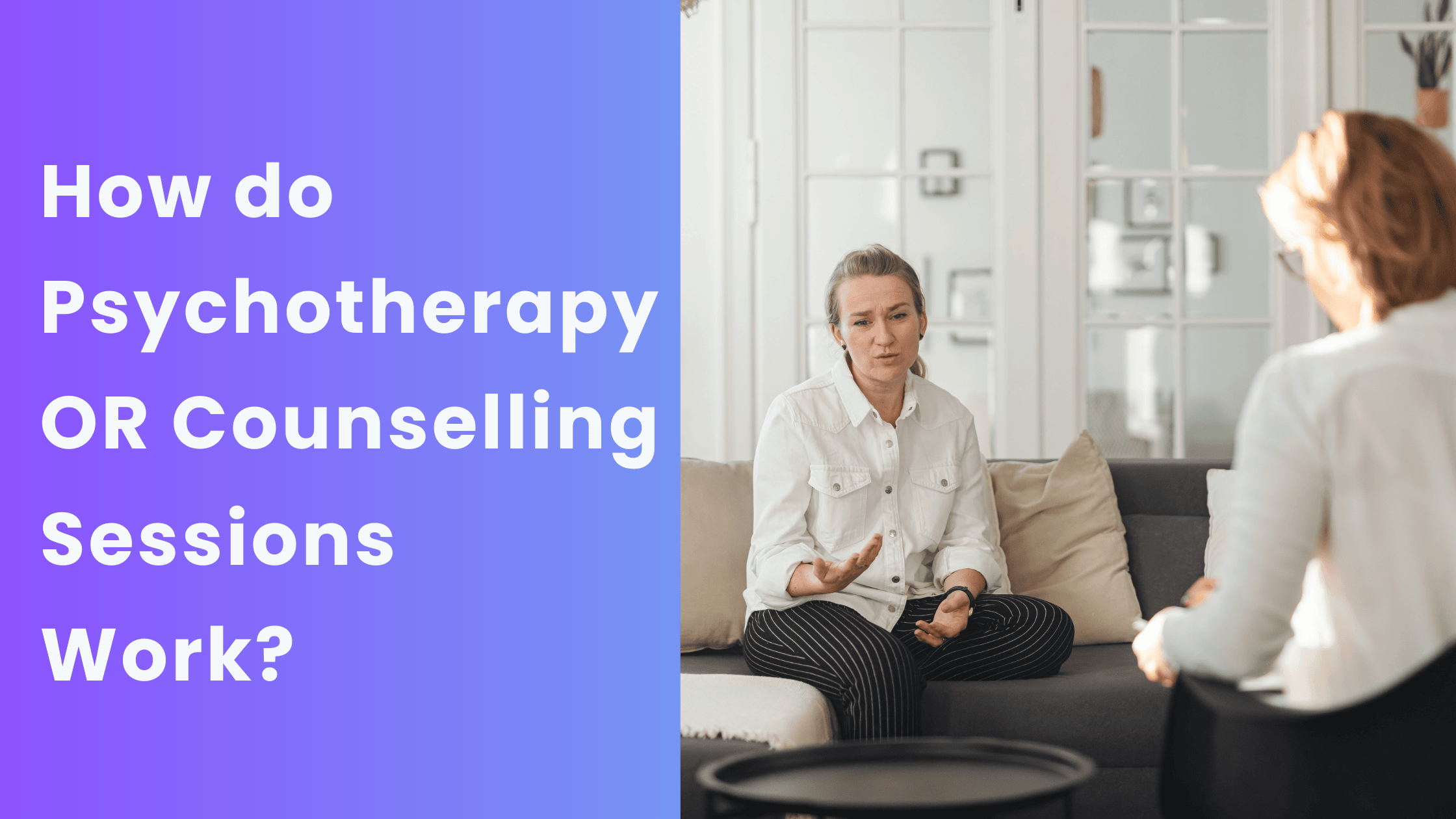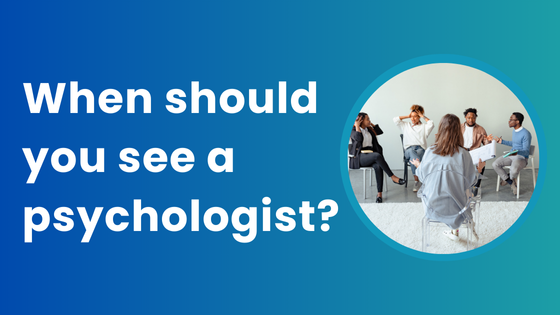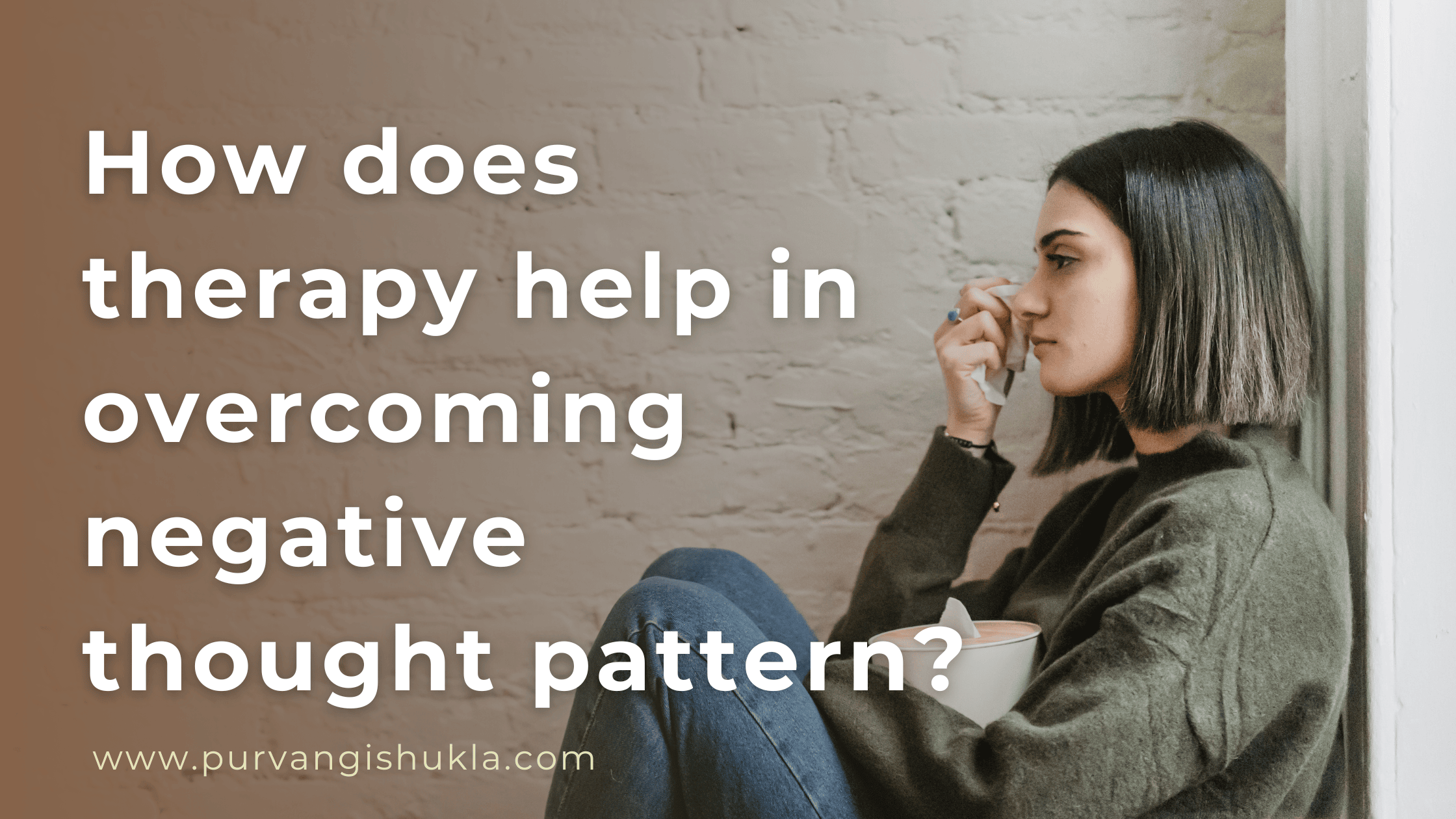One must understand the science behind psychotherapy or counselling. I am getting lots of calls daily regarding how psychotherapy helps me to overcome my emotional and mental disturbance. Some may also ask if psychotherapies or counselling sessions are effective. Knowledge regarding therapies is limited. Top of that lots of myths are there regarding the therapies.
Many people are really in need of professional help to deal with day-to-day life. But they are afraid of being caught up by something unknown. For example, one of the clients needed counselling. But he was afraid if he reached out to some professional then how may people react? He has another problem that he does not want to acknowledge or accept his emotional problem.
Rather he has prolonged it them so much. So at last, he found out how he got help from Psychotherapies. One day he told me with gladness that if I had approached you earlier I have achieved the best in my life. These are similar scenarios many people face in their life. However, due to a lack of knowledge and limited resources, they never seek professional help. So, today I am helping you understand how psychotherapy or counselling helps you—the science behind counselling.
What is Psychotherapy?

Psychotherapy is the scientific approach where a psychologist builds a relationship with an individual in a way that one can learn to cope with the issues and problems. Psychotherapy is based on a proven scientific approach in which various therapies like Dialectal Behaviour Therapy, Cognitive Behaviour Therapy, Interpersonal or intrapersonal therapy, and Choice Therapy are many more kinds of various therapies.
An environment of counselling is such that where an individual can talk openly about his views, ideas, feelings and outcomes without fear of being judged. An individual gets a systematic approach to overcome various troubles he is facing to accomplish his daily goals. the ultimate goal of each counselling session is to live a happier, healthier life. With learnings of coping mechanisms. Psychotherapy is a proven scientific approach to dealing with thoughts, feelings and behavioural problems. An individual can change his behavioural and thinking patterns to overcome obstacles.
By the end of the sessions, one can solve the problem and learn as well how to cope with the challenges of life. Psychotherapy is a wide approach and requires systematic knowledge to deal with an individual. People who want to live happier, healthier and self-fulfilled life they learn more about themselves. Successful people, businessmen, professionals, and family persons all would like to approach Psychotherapy as they can deal with their self-stopping thoughts and overcome new thought patterns and behaviour patterns. Change is slow but it is possible.
Am I changing by talking?
As I mentioned about myths for Psychotherapy. Many have an idea that by merely talking am I able to cure myself? How come is it possible? First of all, we all have a very strong idea that to change thoughts or feelings one needs to do lots of hard work. Persistently we think about how is it to change ourselves and overcome any problem.
Because we were taught the idea that easy means has no value or has less importance. But if it is hard then it is more precious. When you enter into counselling sessions, you are affected, overwhelmed and with less understanding about yourself.
But when you leave the session you can choose what you want to think. Is it destructive or creative? Talking with a professional and family and friends is different because one is giving systematic thought patterns while another gives you advice. Only talk can change your perspective. Like you listen to some good music and you feel good afterwards. If music or some video tape can change your perspective then Talk therapy changes you from top to bottom.
How do I decide when to see a Psychologist?

If you are in a dilemma about when can go for Psychotherapy then you may check some of the symptoms. If your thoughts and behaviour patterns are accordingly then you need to visit once to Psychologist for a counselling session.
- Feeling not good and having mood issues with overthinking
- Anxiety and fear of something unknown
- Unwanted thoughts and feelings which make you inactive
- Some abnormal behavioural patterns where you feel you can’t cope with the situations healthily like separation, family problems, business problems, emotional disturbances
- Continuous self-stopping thoughts and behaviours
- Negative outlook for everything and not able to build new hopes and confidence
- Unable to cope with professional and business-related challenges
There may be various other reasons as well. The science of Psychotherapy is deep and proven. A professional has a wide range of experience to deal with such issues.
Psychotherapies include various therapies
- Cognitive Behaviour Therapy: Understand your thinking, modify it with new behavioural patterns change the outcome.
- Dialectal Behavioural Therapy: This is evidence-based Psychotherapy which is also called a part of Cognitive Behaviour Therapy.
- Choice Therapy: This is a theory where one can make a choice based on his hierarchical needs.
- Behaviour Therapy: This is part of Cognitive Therapy. Based on the behaviourism of one.
- ACT Therapy: Acceptance Commitment Therapy is clinical therapy when psychological intervention is required through Acceptance and mindfulness.
- Emotionally Focused Therapy: This therapy is an approach working with families and couples.
Psychotherapies are scientifically proven. Hope this information helps you.




